The Vice-Chancellor, Professor John Vinney, has a new blog on the HEPI (the Higher Education policy Institute) website on research and teaching and how Stern and the TEF work together.
Brexit:
Research Professional note that: In oral answers to questions on 1 December “Robin Walker, the minister in charge of higher education in the Department for Exiting the European Union, told MPs that he has taken evidence from a number of organisations including Universities UK, the royal academies and the Russell Group on the implications of EU withdrawal for universities”. “The sector strongly supports our ambition to create an environment in which the UK as a whole can continue to be a world leader in research, science and the tertiary education sector,” he said. Research Professional also note that David Jones, another junior minister in the same department, added in a written answer that ministers “will aim to visit every sector and every region of the UK” to hear their views on EU withdrawal, as part of a wider approach to build “national consensus around our negotiating position”.
In another piece of welcome transitional news, the government has confirmed that EU students starting courses in 2017/18 can apply for Research Council Studentships, and funding will last for the whole of their courses.
Graduate outcomes:
The Department for Education have released data on graduate destinations from the Longitudinal Educations Outcome (LEO) dataset. This is made up of information from the National Pupil Database (NPD), the Individualised Learner Record (ILR), the Higher Education Statistics Agency (HESA), Her Majesty’s Revenue and Customs data (HMRC), The National Benefit Database, the Labour Market System and Juvos, the unemployment research database. This is different from the DLHE (Destination of Leavers in Higher Education) because it takes a much longer term view (DLHE is currently at 6 months after graduation).
The data released today is “experimental” and looks at the employment and earnings outcomes of those graduating with an undergraduate degree in 2008/09 from an English higher education institution (HEI). It looks at outcomes one, three and five years after graduation. Data are split by subject studied and graduate characteristic (sex, ethnicity, age, home region and prior attainment at A level). Employment outcomes are also provided for each HEI. (A further release is scheduled for spring 2017 covering outcomes by each subject for each institution.
There will be plenty of analysis and commentary to follow – UUK were very quick off the mark with a blog “Graduate earnings data is welcome but doesn’t tell full story” – noting that it doesn’t cover self-employed students (with a disproportionate effect on arts graduates) or those who are working abroad and do not separate part-time work or address regional variations. However, despite these limitations, the data will no doubt provides interesting context for the TEF amongst other things.
Schools:
The Ofsted 15/16 Annual Report outlines improved school judgements with ‘considerable’ benefits for children under age 11, however the North/South divide has widened. Concerns are expressed regarding the quality of technical and vocational education and training alongside ‘serious knowledge and skills gaps’ which threaten the competitiveness of the UK economy, further exacerbated by Brexit. This is interesting in the context of the schools consultation, which closes on 16th December – a Guardian article concludes that this is a complicated and risky area for universities.
Nursing degree apprenticeships:
A new nursing degree apprenticeship was announced on 30 November as part of the government commitment to create 100,000 apprenticeships within the NHS by 2020, and make up to 40,000 more nurses available to prevent rota gaps. The new nursing associate role will be hands on and expected to free up existing nurses to lead patient care decisions. Successful completion of the nursing associate apprenticeship can count towards a nursing degree and lead to registered nurse status.
The apprenticeship aims to open up a nursing career to people from all backgrounds, improving diversity within the workforce, through the earn whilst you learn model. The government envisages up to 1,000 nursing apprentices per year, starting from September 2017, with a flexible and progressive training model which accounts for previous qualifications and experience. The nursing apprenticeship standards are detailed here.
The Royal College of Nursing response is wary of creating a two-tier system, refers to the past where students were seen as ‘nursing on the cheap’ and stresses the importance of would-be nurses having a graduate level education to gain the knowledge and skills required for 21st century health care.
Government grant standards
The much criticised anti-lobbying clause was put on hold earlier this year (read more here) – and the government have today issued their new standards guidance for government grants. The new guidance confirms that researchers can communicating research and inform policy, including responding to consultations and select committee enquiries, and contributing expert scientific advice to inform government policy.
Teaching Excellence Framework
And finally – the Chair of the TEF panel, Chris Husbands (VC of Sheffield Hallam) has written on Wonkhe – busting 5 myths about TEF. The myths he is busting are:
- The TEF will push universities for widening participation
- The TEF is only about metrics
- The provider statement is all about explaining away the metrics (he’s like them to be celebratory)
- The TEF is biased and pre-ordained
- Student views do not count
For those of you interested in catching up on the TEF, Jane is running a workshop with Professor Debbie Holley from the Centre for Excellence in Learning on Friday 9th December
The latest list of committee inquiries is here. There is a new one on closing the STEM skills gap, and one on the role of education in mental health for young people – please contact policy@bournemouth.ac.uk if you want to respond to any of these.

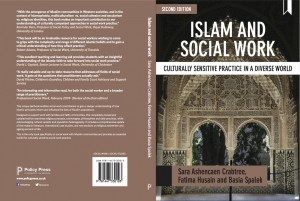 The complexities of multiculturalism as a social ontology and as a political discourse have taken a rapid and alarming turn to the right in a political moment of increasing social turbulence on issues that revolve around national identity, ethnicity and religion. It is therefore timely, if regrettably so, that the second edition of Islam and Social Work makes its debut this month.
The complexities of multiculturalism as a social ontology and as a political discourse have taken a rapid and alarming turn to the right in a political moment of increasing social turbulence on issues that revolve around national identity, ethnicity and religion. It is therefore timely, if regrettably so, that the second edition of Islam and Social Work makes its debut this month.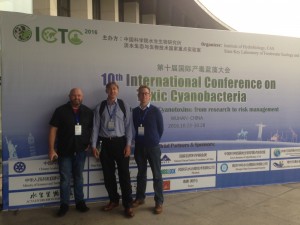
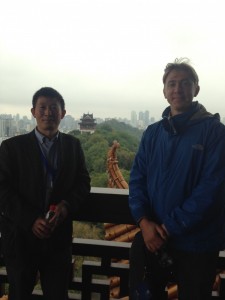
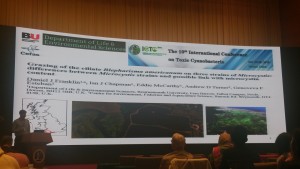
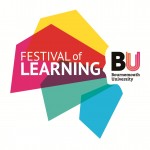 If you are still searching for some inspiration for
If you are still searching for some inspiration for 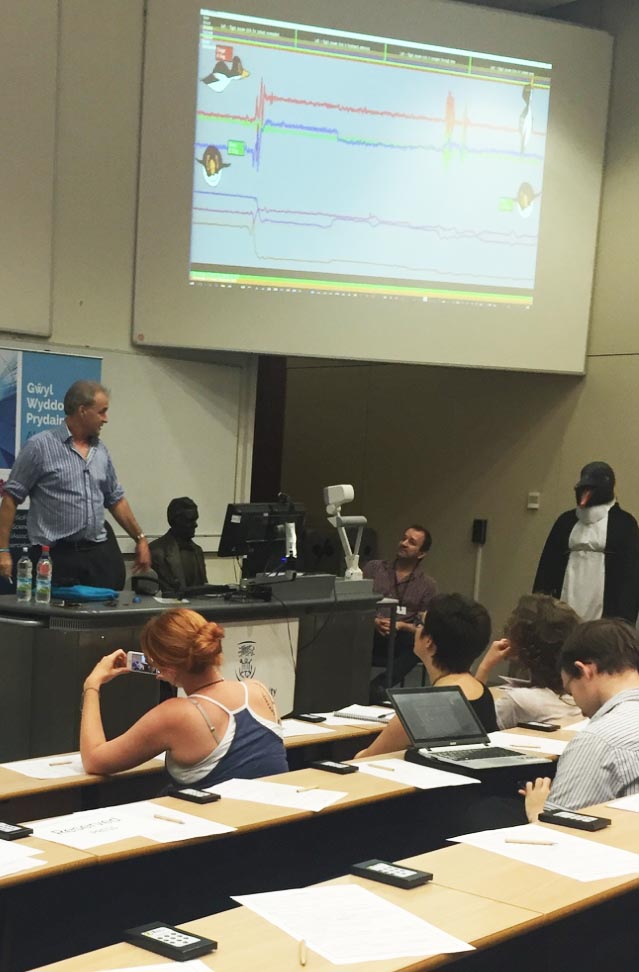
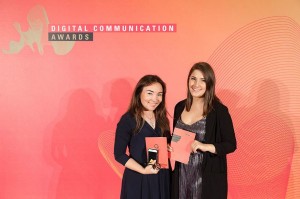 However, the reason for this post was primarily to communicate latest recognition and progress events that both Freya and I were part of.
However, the reason for this post was primarily to communicate latest recognition and progress events that both Freya and I were part of.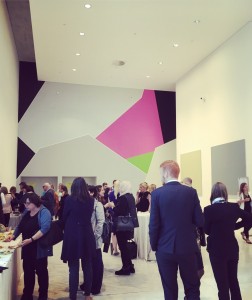
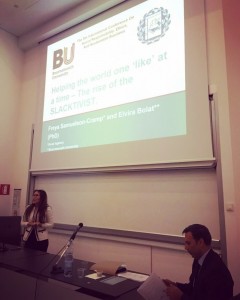
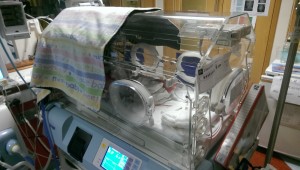 Recent advances in neonatal care have led to improved survival rates for preterm infants, but this has led to greater challenges in providing these survivors with adequate nutrition. Docosahexaenoic acid (DHA) and arachidonic acid (ARA) are dietary fats essential for optimal brain growth and development. During the last trimester the placenta provides the foetus with high levels of DHA and ARA and extremely preterm infants, born at less than 28 weeks, are therefore at the greatest risk of deficiency as this supply has been cut short. In this new study the DHA and ARA intakes of extremely preterm infants was measured from all sources over the first six weeks of life and compared to European intake guidelines and levels provided in utero.
Recent advances in neonatal care have led to improved survival rates for preterm infants, but this has led to greater challenges in providing these survivors with adequate nutrition. Docosahexaenoic acid (DHA) and arachidonic acid (ARA) are dietary fats essential for optimal brain growth and development. During the last trimester the placenta provides the foetus with high levels of DHA and ARA and extremely preterm infants, born at less than 28 weeks, are therefore at the greatest risk of deficiency as this supply has been cut short. In this new study the DHA and ARA intakes of extremely preterm infants was measured from all sources over the first six weeks of life and compared to European intake guidelines and levels provided in utero.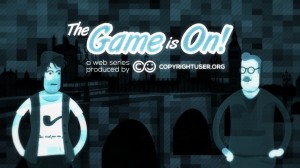
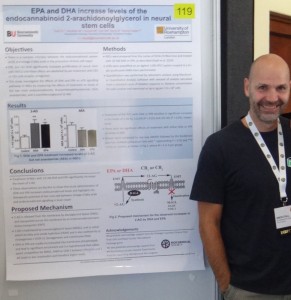












 REF Code of Practice consultation is open!
REF Code of Practice consultation is open! BU Leads AI-Driven Work Package in EU Horizon SUSHEAS Project
BU Leads AI-Driven Work Package in EU Horizon SUSHEAS Project Evidence Synthesis Centre open at Kathmandu University
Evidence Synthesis Centre open at Kathmandu University Expand Your Impact: Collaboration and Networking Workshops for Researchers
Expand Your Impact: Collaboration and Networking Workshops for Researchers ECR Funding Open Call: Research Culture & Community Grant – Apply now
ECR Funding Open Call: Research Culture & Community Grant – Apply now ECR Funding Open Call: Research Culture & Community Grant – Application Deadline Friday 12 December
ECR Funding Open Call: Research Culture & Community Grant – Application Deadline Friday 12 December MSCA Postdoctoral Fellowships 2025 Call
MSCA Postdoctoral Fellowships 2025 Call ERC Advanced Grant 2025 Webinar
ERC Advanced Grant 2025 Webinar Update on UKRO services
Update on UKRO services European research project exploring use of ‘virtual twins’ to better manage metabolic associated fatty liver disease
European research project exploring use of ‘virtual twins’ to better manage metabolic associated fatty liver disease